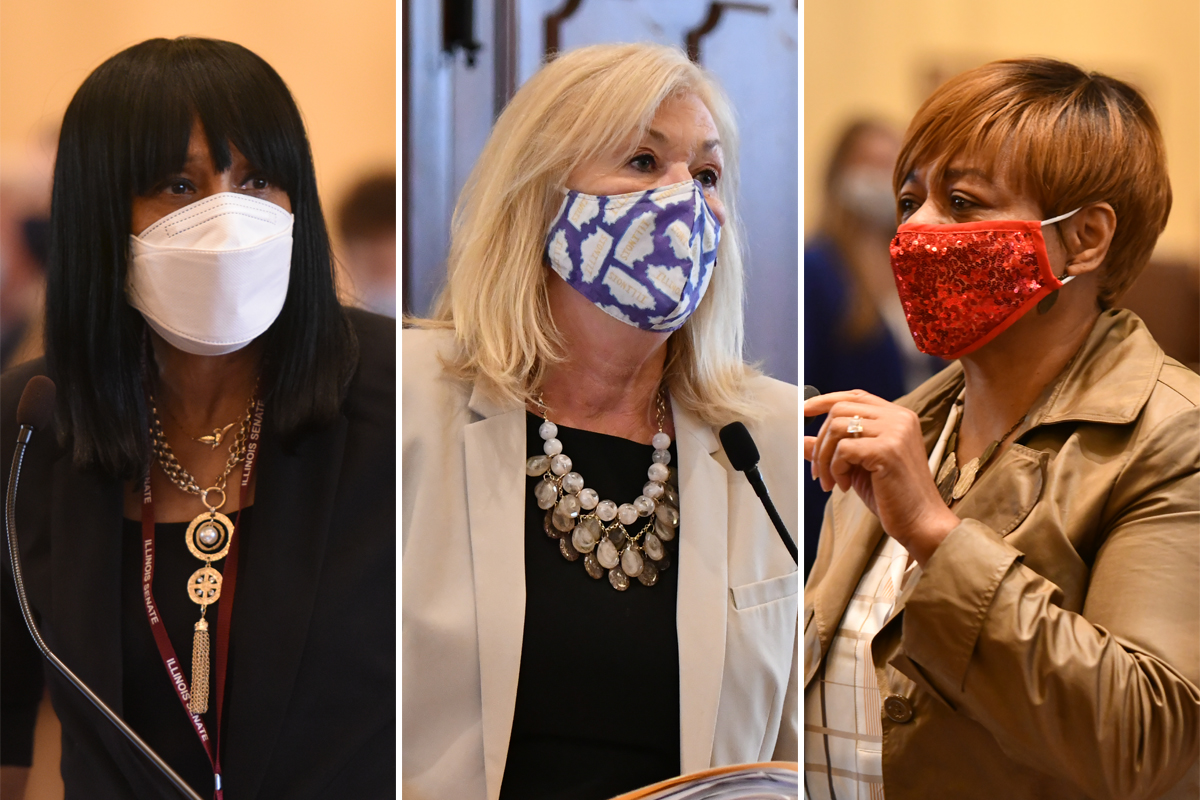
SPRINGFIELD – The Human Trafficking Task Force welcomes three new members to develop plans to confront human trafficking in response to the growing number of missing women and girls, particularly women and girls of color, in the state.
“I was proud to sponsor the legislation creating the Human Trafficking Task Force that will have a special focus on the disproportionate number of missing Black girls and women in Illinois,” State Senator Jacqueline Collins (D-Chicago) said. “These crimes are hiding in plain sight and represent a form of industrialized kidnapping and modern-day slavery.”
The task force is responsible for studying human trafficking in the state and giving recommendations to the General Assembly on how to fight it. These efforts are intended to address abduction in the state, which affects all people regardless of demographics such as age, citizenship and gender.
“Human trafficking is a growing crime within our community that is affecting thousands of women and children,” State Senator Julie Morrison (D-Lake Forest) said. “I am committed to working with the task force to keep families together, raise awareness and give a voice to the voiceless.”
This appointment follows measures aimed at protecting and informing potential victims of human trafficking across the state. Illinois passed efforts to bring awareness to businesses in the state as well as efforts to train employees to recognize signs of human trafficking and know how to report it. The Illinois Address Confidentiality Program will also provide expanded protections to survivors of human trafficking and violent crime thanks to a measure that will go into effect Jan. 1, 2022.
“I am glad to join my colleagues to work on the Human Trafficking Task Force,” State Senator Patricia Van Pelt (D-Chicago) said. “Human trafficking is a very real issue not just around the world, but here in Illinois. I am prepared to work toward solutions to stop the circulation of human bodies as a commodity and bring justice to families who have suffered through this.”
Not only does this begin to combat human trafficking, but it also address the disparities found in crime reporting among communities of color. Finding that a significant population of victims of sex trafficking are Black women despite being a much smaller percentage of the U.S. population, Illinois lays the groundwork for future efforts that will increase protection for marginalized groups.













 © 2026 Illinois Senate Democratic Caucus
© 2026 Illinois Senate Democratic Caucus